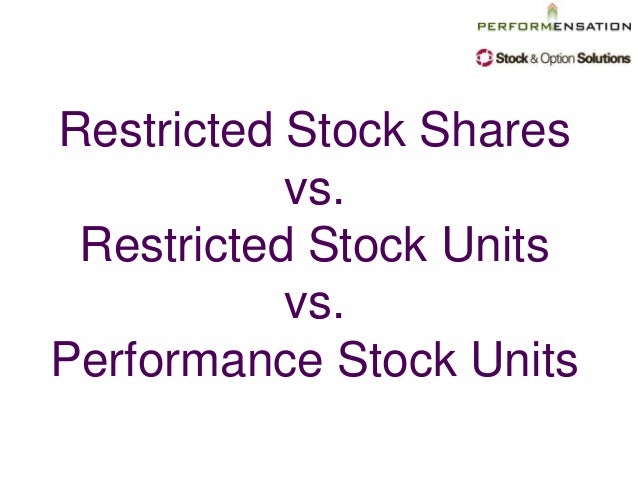Taxation of nonstatutory stock options
Here is an outline of some of the principal differences between two different types of compensatory stock options: This outline is intended as a starting point, but does not address all of the tax aspects of stock options or all of the differences between ISOs and NSOs.
This outline is based on U.
Nonqualified or Nonstatutory Stock Options | Startup Law Blog
Choice of Entity for a Startup Company. SEC Issues Proposed Crowdfunding Rules. Get smart with the Thesis WordPress Theme from DIYthemes. The content of this site is intended for general informational purposes only and does not constitute specific legal advice.
Your access to this site, use of the contact form on this site, transmission of email to an address on this site, and telephone or fax inquiry does not create an attorney-client relationship between us.
The reviews, testimonials and endorsements on this website do not constitute a guarantee, warranty, or prediction regarding the outcome of your legal matter. Home About Practice Areas Articles Reviews Contact.
Differences between Incentive Stock Options ISOs and Nonstatutory Stock Options NSOs September 1, ISOs may only be granted to employees; NSOs may be granted to employees, consultants and advisors. In general, neither ISOs nor NSOs are taxable at the time of grant. Ordinary income tax does not apply at the time of exercise of an ISO, but alternative minimum tax AMT may apply, especially for executives.
Upon sale of ISO shares, tax is based on the difference between the sale price and the original exercise price. If the holding periods noted below have been satisfied, the entire amount of gain is eligible for long-term capital gain treatment. Ordinary income tax applies at the time of exercise of an NSO, based on the difference between the exercise price and the fair market value of the shares at the time of exercise.
The taxable compensation upon exercise then effectively increases the tax basis of the shares.
Upon sale of NSO shares, tax is based on the difference between the sale price and the fair market value on the date of exercise, and the amount of this difference may be eligible for capital gain treatment depending on how long the shares are held.
Options in excess of this amount are treated as NSOs from the date of grant.
Nonstatutory Stock Options (Portfolio ) | Bloomberg BNA
Any additional shares vesting in that calendar year, even if originally designated as ISOs, will be considered NSOs from the date of grant. In order to retain ISO treatment, ISO shares must be held for at least 12 months following exercise of the option and at least 24 months from the date of option grant. At that point, the company is generally required to treat the option as an NSO for accounting and withholding purposes.
Except in cases of termination of employment, employees often wait to exercise and to pay the purchase price until there is a market for the shares such as following an initial public offering IPO or in connection with a merger and then sell shares soon after exercise resulting in disqualification.
A large number of ISOs are ultimately disqualified for this reason. The company may generally take a tax deduction for the compensation deemed paid upon exercise of an NSO. Some companies prefer to grant NSOs for this reason. Employees may prefer ISOs due to the ability to defer ordinary income tax until the sale of the shares and the potential for a lower tax rate on the component of gain between grant and exercise if holding periods are satisfied.
Incentive Stock Options vs. Nonqualified Stock Options | Startup Law Blog
Note that alternative minimum tax, if applicable, is not deferred for the exercise of an ISO. The company should consult with its outside accountants regarding the various tax, accounting, withholding and financial statement differences between ISOs, disqualified ISOs, and NSOs. Individual option recipients should always consult with their personal tax advisors because of differences in individual tax situations. For some of the best guidance on the tax treatment and other key aspects of stock options, I highly recommend The Stock Options Book by Alisa J.
Baker published by the National Center for Employee Ownership.

Choice of Entity for a Startup Company Next post: Home About Practice Areas Articles Contact Legal Notices Resources Reviews Site Credits.